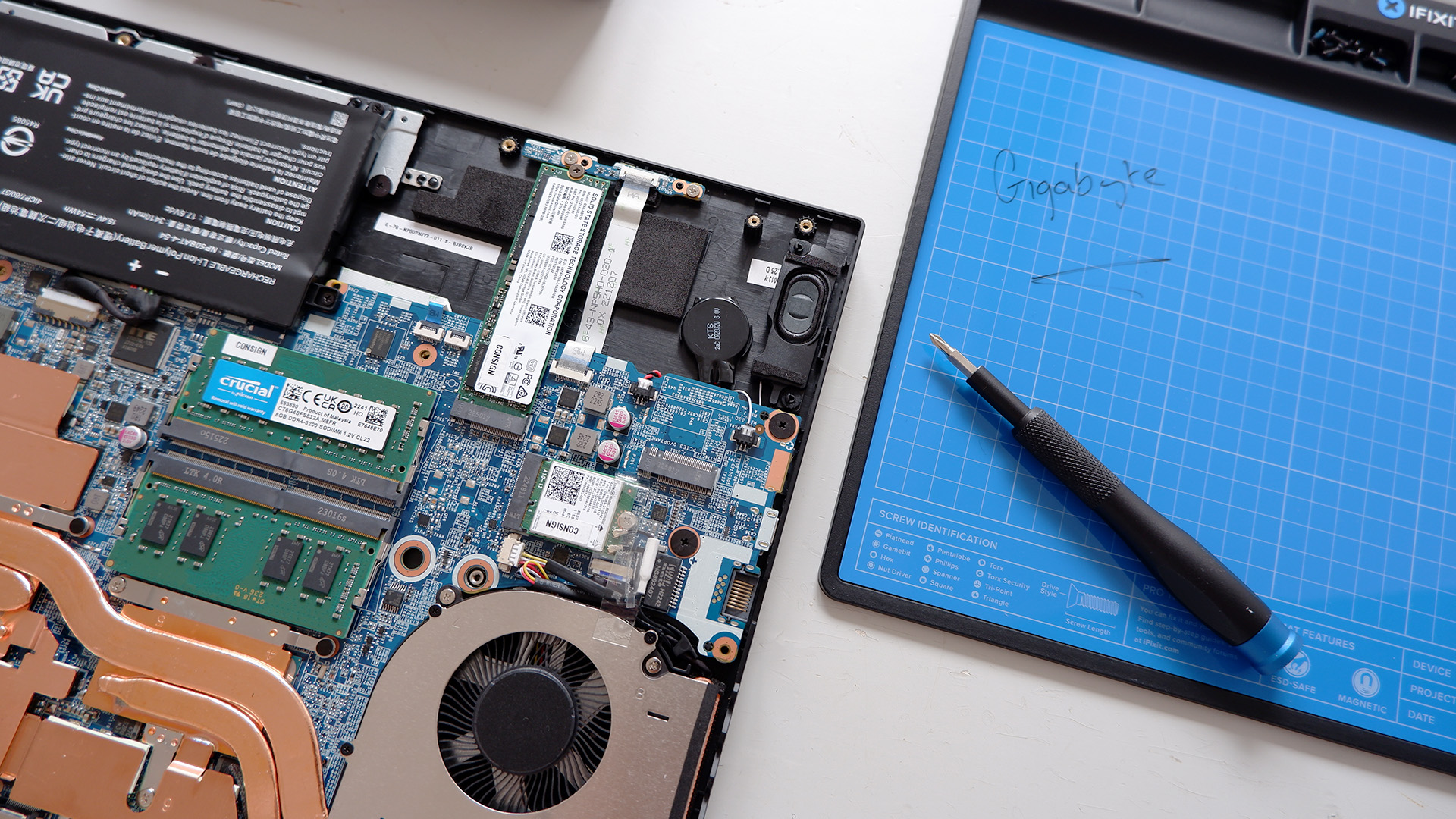Oregon just passed the most powerful right to repair legislation yet in the US
The law would ban the practice of parts pairing from 2025, and once in place will make repairs much easier for customers.

Oregon's state House has just passed by a 42 to 13 margin powerful right to repair legislation that ensures customers can get their stuff fixed anywhere. Once enshrined into state law, which now only requires the signature of the state governor, it will also put limits on parts pairing for all products manufactured from 2025 onwards, which will make it even easier to replace broken parts on haywire electronics without the manufacturer's official consent.
The legislation would require electronics manufacturers to make repairs easier for customers, such as with easy access to replacement parts, tools, and information on how to do it. It includes laptops, phones, and most standard electronics you'd expect, except for medical equipment, farm equipment, and video game consoles, notes iFixit.
The access to parts and processes is a pretty big win on its own, but the Oregon legislation also takes down a practice known as parts pairing.
Parts pairing is a way of limiting repairs to authorised service centres. Essentially, it means you can't take the same part off the shelf and replace it yourself, as even if you repaired it perfectly, the new part won't be fully compliant with the device, likely due to an unmatched serial number. In other words, if you replace your phone battery with another, as iFixit notes, the phone may recognise the swap and you may be locked out of some features. While most notably an issue affecting phone repairs, parts pairing could be used to justify similar action for gaming laptops or handhelds.
In terms of right to repair, parts pairing absolutely sucks. It also really damages independent repair shop owners who are unable to offer an equivalent service to the manufacturer. And that's why the legislation from Oregon that includes a limit on parts pairing for all devices sold from January 1, 2025 is being seen as a huge win by campaigners.
"The Right to Repair keeps getting stronger. Oregon has passed the best bill yet," says PIRG right to repair campaign senior director Nathan Proctor.

Best SSD for gaming: The best speedy storage today.
Best NVMe SSD: Compact M.2 drives.
Best external hard drives: Huge capacities for less.
Best external SSDs: Plug-in storage upgrades.
"I’m beyond proud of my home state for passing the strongest yet electronics Right to Repair bill," says Kyle Wiens, iFixit CEO. "By applying to most products made after 2015, this law will open up repair for the things Oregonians need to get fixed right now. And by limiting the repair-restricting practices of parts pairing, it protects fixing for years to come. We won’t stop fighting until everyone, everywhere has these rights."
Keep up to date with the most important stories and the best deals, as picked by the PC Gamer team.
Google came out in support of the Oregon legislation earlier this year, but Apple has been opposed to it on security concerns. The iPhone manufacturer believes without parts pairing its customers could be exposed to security and privacy issues. iFixit notes that Apple has yet to explain "how every other major smartphone manufacturer has been able to allow selfie camera replacements, screen replacements, and battery replacements without artificially limiting features or throwing up aggressive warnings."
With other states also in the process of similar legislature, such as California, and President Biden endorsing it, it does appear that the tide is generally turning in favour of easier-to-repair electronics. And not a day too soon.

Jacob earned his first byline writing for his own tech blog. From there, he graduated to professionally breaking things as hardware writer at PCGamesN, and would go on to run the team as hardware editor. He joined PC Gamer's top staff as senior hardware editor before becoming managing editor of the hardware team, and you'll now find him reporting on the latest developments in the technology and gaming industries and testing the newest PC components.

